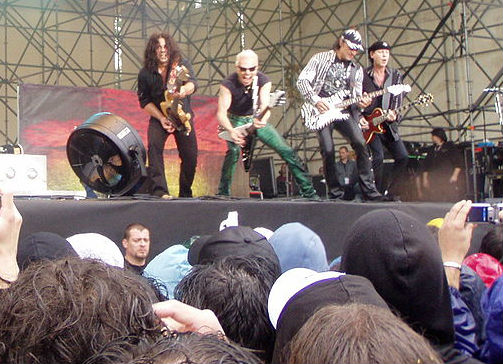In 2008, six British ISPs blocked access to a Wikipedia page featuring an album cover with an image of a prepubescent naked girl, writes Maryam Omidi.

The case
On 5 December 2008, six British internet service providers blocked access to a Wikipedia page belonging to the German heavy metal band, The Scorpions. The entry was about the band’s album Virgin Killer, which features on its cover an image of a prepubescent naked girl with a broken glass effect covering her genitalia. The cover generated controversy when it was first released in 1976 and was sold in a black plastic covering in several countries. In the US and the UK, it was eventually replaced by an image of the band.
The ISPs blocked the page after it was blacklisted by the Internet Watch Foundation (IWF), the UK’s self-regulated online watchdog, which had responded to a complaint lodged by a member of public. The decision angered UK Wikipedians, some of whom were unable to edit the site – one of the unintended consequences of the block. According to a report from the Electronic Frontier Foundation, the entire online encyclopedia became unavailable to some users, whose ISPs’ filtering systems were overwhelmed by the traffic. On 9 December 2008, the IWF reversed its decision. In a statement, the watchdog said that despite the album cover’s potential illegality, the “length of time the image has existed and its wide availability” made censoring it futile.






















